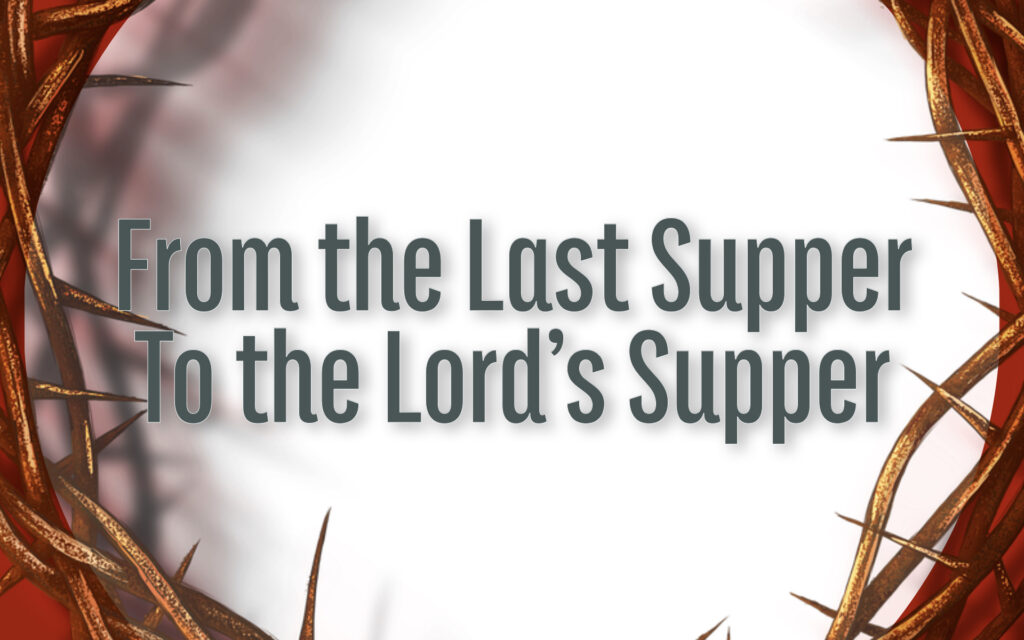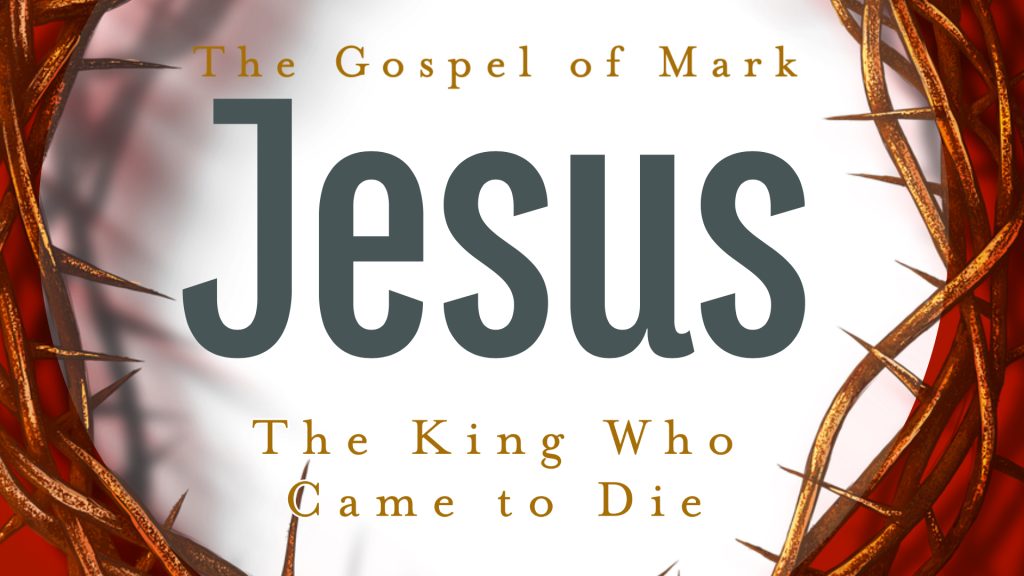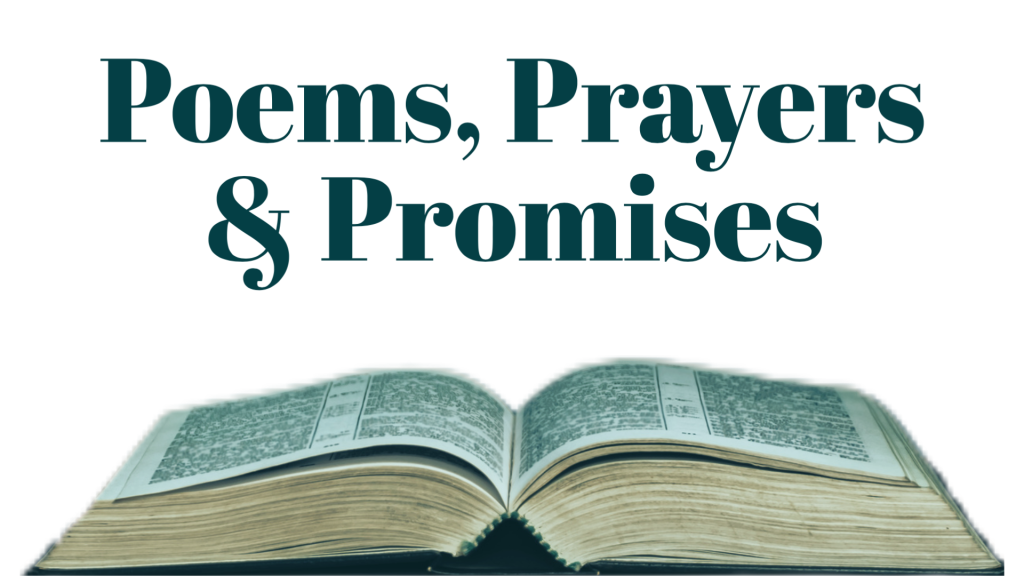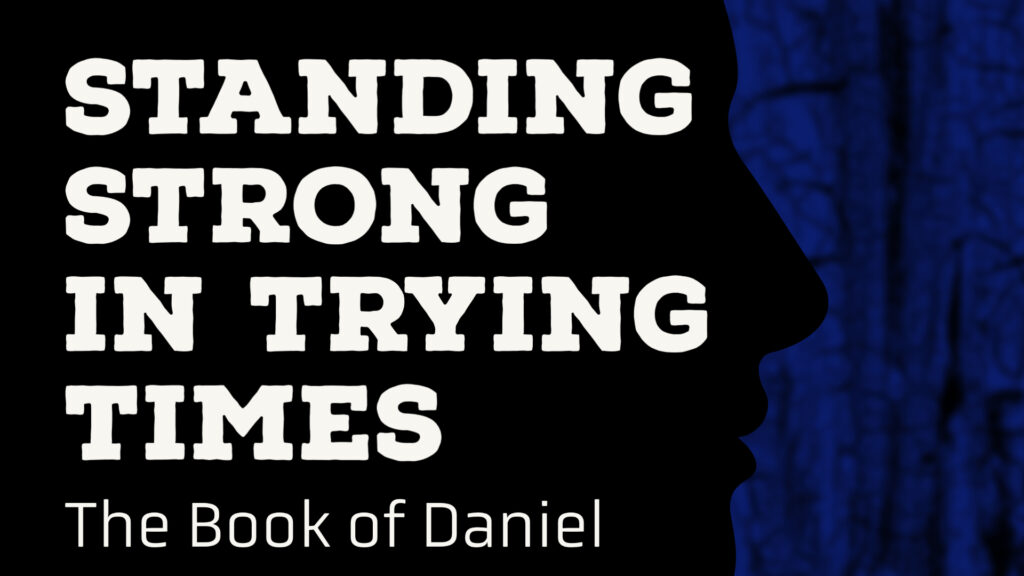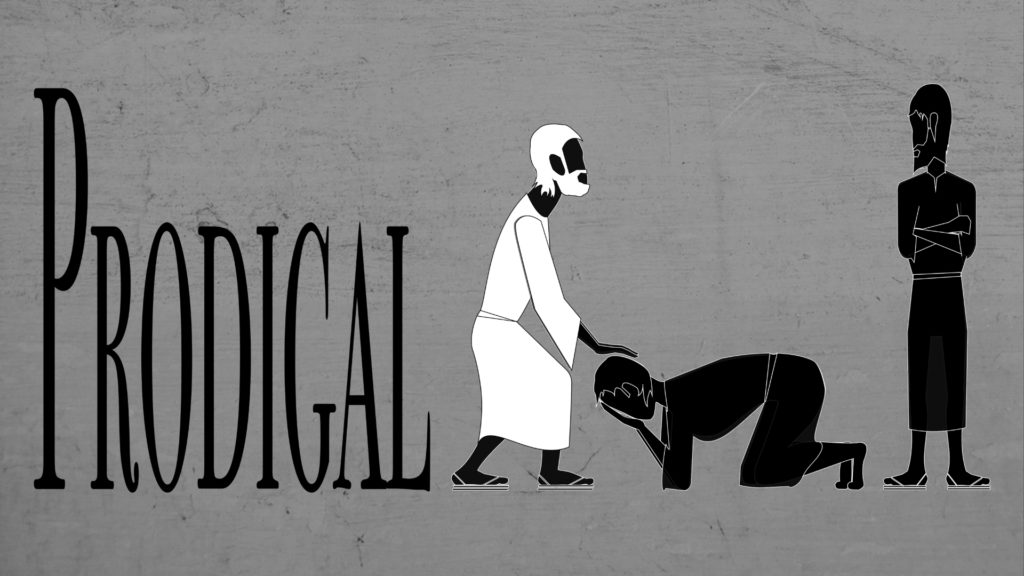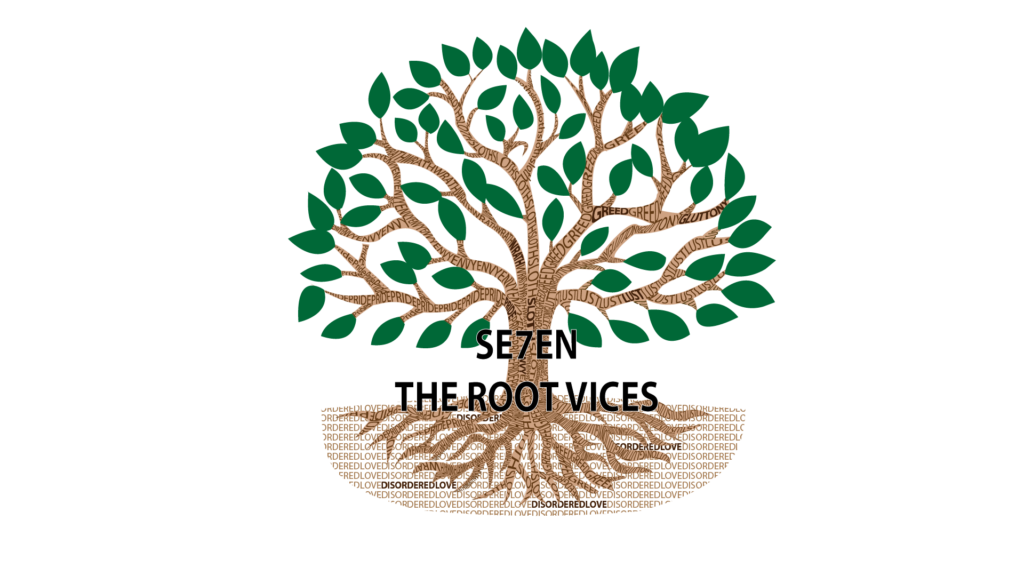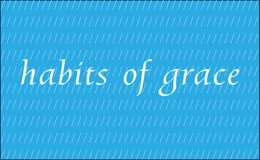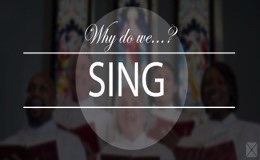Jesus commanded His followers to remember Him by celebrating the Lord’s Supper, and the church has done this regularly since its earliest days because God vitally works through the Supper to teach, nourish, and strengthen His people.
Mark 14:22-26; 1 Corinthians 11:23-26
Read More
Concealing our sin brings only death, suffering, and pain, but confessing our sin brings life, forgiveness, healing, and true joy.
Read More
The teaching of Jesus centered on the Gospel of the Kingdom – the Good News of God’s reign that had come with Jesus – and called for a response of repentance and faith.
Mark 1:14–15
Read More
John the Baptist was a messenger calling the people to the wilderness to be baptized in repentance for their sins, preparing for the coming of the King Who would usher in the Kingdom of God.
Mark 1:1-8
Read More
The “way everlasting” is opened only to those who are tested and known by God. In other words, God works salvation for those who in faith turn away from their sins and turn to rely on God’s mercy in Jesus Christ.
Read More
True confession of sin recognizes the depth of the problem that exist outside of us, and the greatness of the redemption extended to us.
Psalm 51:1-19
Read More
In light of the experience of the exile and his visions of the future, and built upon biblical teaching regarding God’s covenant and the end of the exile, Daniel turns to God in an intense time of prayer – praising God, confessing the sin of God’s people, and crying out […]
Read More
Like the exile, our current time of disruption should be used as a divinely appointed season to reset our priorities and practices, redeeming the quarantine to make beneficial changes to our lives.
Deuteronomy 4:27-31
Read More
The elder brother in the parable mistakenly thought that success, life and joy was found in attempting to keep the rules rather than in relationship with the father, who he misunderstood and disdained.
Luke 15:1-3, 11-32
Read More
The younger son in the parable mistakenly thought that his identity and joy would be found through self-discovery and self-indulgence apart from the father’s presence and will.
Luke 15:1-3, 11-32
Read More
Psalm 32 proclaims the joy of total forgiveness by God that awaits those who confess their sins and turn to Christ in faith.
Psalm 32
Read More
Psalm 51 offers a comprehensive description of the traits and fruits of biblical confession and repentance for sin.
Psalm 51
Read More
God sends David a word of judgment and forgiveness, detailing the consequences for his sin, but also assuring Him of God’s love and covenant mercy that will prevail in the end.
2 Samuel 12:1-25
Read More
Every human sins and fails to live up to God’s righteous standards, but the Gospel offers forgiveness to those who confront this fact and openly confess and repent of sin.
Matthew 23:1-13
Read More
Pride is a disordered love that seeks to exalt myself above God and His will for my life, refusing to accept my God-given limitations.
Proverbs 16:18
Read More
In our struggle against sin, it is important that we learn to cut the root vices that feed sin, and to practice habits that encourage virtues that feed godly character.
Proverbs 5:21-23
Read More
The church must not try to be independent and sufficient in its own resources but find its sufficiency for life and ministry only in Christ.
Revelation 3:14-22
Read More
The church must not embrace a false ‘tolerance’ for those who compromise essentials which leads to an idolatry and immorality within the church.
Revelation 2:18-27
Read More
The church must not be fooled by Satan or his servants into compromising with idolatry or sexual sin and must call all members to repentance for such sins.
Revelation 2:12-17
Read More
The church must test all teaching and reject false teachers, but it must also remain fervent in love for God and people.
Revelation 2:1-7
Read More
Jesus gave us the Lord’s Table so we might remember and commune with Him, repent of our sin, and receive His grace and joy to strengthen our walk with Him.
1 Corinthians 11:23-32
Read More
We often hold two completely contradictory expectations of how God will respond when we turn to Him for help. God would have us know that He rejoices over us.
Luke 15:1-32
Read More
If we deny our sin, we are deceived, but if we confess our sin, we are forgiven and cleansed.
1 John 1:5 – 2:2
Read More
This four-week series was taught to prepare for Lent in 2015. It takes a look at the paradox that doing and having less can actually lead to a life that is more fulfilling, focused on what is most important.
Read More
Lent is patterned after Jesus’ forty days in the wilderness. It is a time when we fast, pray, confess sin, and set aside distractions so we can fully seek God to be empowered by His Spirit.
Luke 4:1-2, 14
Read More

